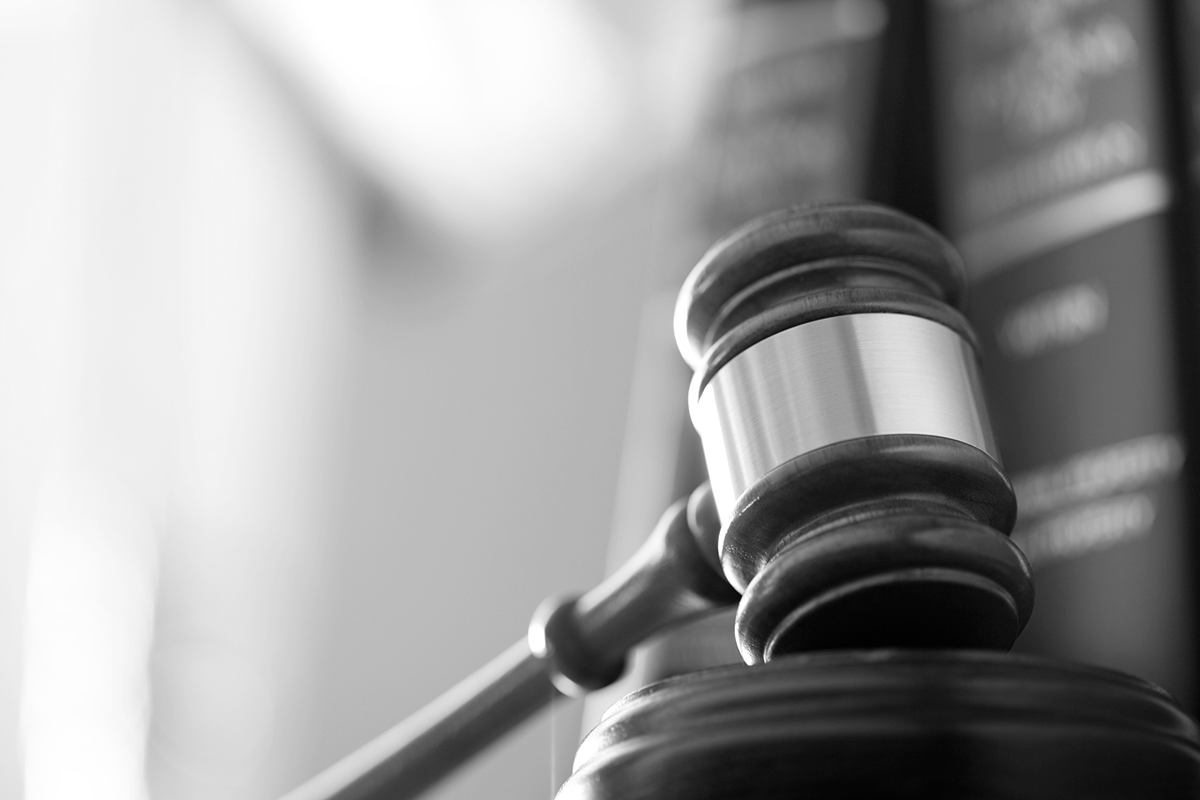Know Your Legal Requirements in Reporting Covid-19
By DirectorCorps

April 13, 2020 All Industries
The COVID-19 crisis left organizations in a tough spot. They wanted to keep operations humming, in order to prevent downsizing, but they also had to ensure the safety of their employees.
How boards reacted in the face of this pressure may leave them liable, according to recent situations with similar outbreaks and illnesses.
A case that came about due to a listeria outbreak provides a reminder to boards of the responsibility they have and the repercussions they face, in such situations.
In Marchand v. Barnhill, the board of Blue Bell Creameries was sued for breach of fiduciary duties after a listeria outbreak hit the company’s facilities. The outbreak led to three deaths, forcing Blue Bell to shut down operations and lay off a third of its employees. A shareholder filed action against the board, arguing for a breach of Caremark precedent, which governs a board’s “utter failure to attempt to assure a reasonable information and reporting system exists.”
The Supreme Court of Delaware ruled that Blue Bell’s directors were liable.
“[W]hen a plaintiff can plead an inference that a board has undertaken no efforts to make sure it is informed of a compliance issue intrinsically critical to the company’s business operation, then that supports an inference that the board has not made the good faith effort that Caremark requires,” according to the judgment.
Boards should look at this case as a stark reminder of their duties now, according to The National Review. They must set up and establish a reporting system and ensure they continue to monitor the system. “Although management is on the front line during the COVID-19 pandemic, it is crucial to understand that directors may be held liable,” wrote The National Review.
The authors of The National Review piece, lawyers for Sheppard Mullin Richter & Hampton LLP, suggest building a reporting system at the board level, forming a committee to manage the reporting and ensuring that there’s regular communication with management.
In certain circumstances, the board may need to take on oversight that reflects more of a management role, according to lawyers at Skadden, Arps, Slate, Meagher & Flom, LLP. You should ask about long-term and short-term risks, as well as business continuity and contingency plans.
“These are management tasks. But, by asking appropriate questions of management and testing underlying assumptions, a well-functioning board can assure that the company is making thoughtful, fact-based decisions in responding to the crisis,” the authors wrote.
It’s not a surprise if you didn’t have a playbook for the level of pandemic as the one we dealt with over the past couple of months. But your response, could determine the company’s liability, once the world returns to normal.
